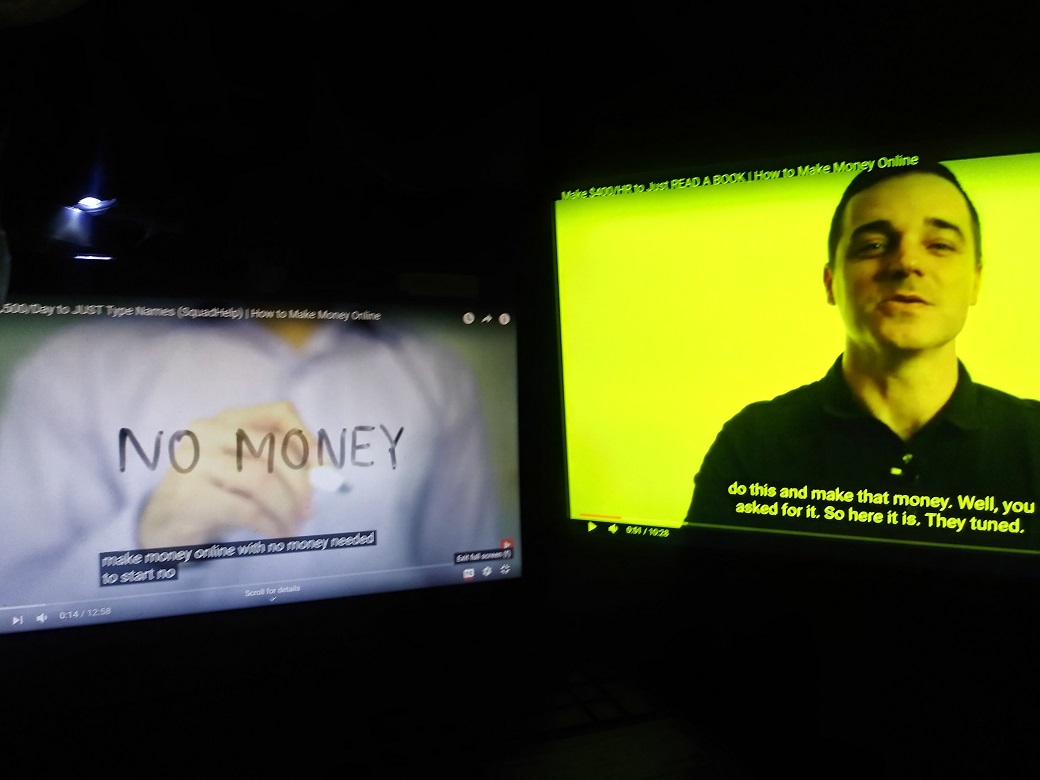There’s a scene midway through Chicago, the 2002 musical about fame, folly, and forced isolation, that has a much more shocking resonance now than it did when the movie came out. Roxie (Renee Zellweger) is an aspiring vaudeville star with a blonde bob who’s been locked up in Cook County jail for murdering her lover, Fred. Thanks to her lawyer, Billy Flynn (Richard Gere), the press can’t get enough of her and the public is treating her like a celebrity. So popular is she that the prison’s matron, Mama Morton (Queen Latifah), shows up one day with her normally brunette hair dyed platinum. Reader, Queen lifted her head from behind her desk to reveal her own blonde bob and I screamed aloud, not because it looked bad (she could never!) but because dyeing one’s hair blonde is one of the hallmarks of quarantine spiraling and it shows up in the most surprising of places.
Chances are you know or follow someone who has already dyed their hair blonde as a styling experiment and a cry for help. If you don’t know a newly blonde person, check your roots: It may be you. There’s no shame in this, of course—we all do what we must to maintain our mental health. And if there’s a lesson for the present in this 18-year-old movie musical, it’s that even the worst situation can be improved with a little razzle dazzle.
Last week on Remote Rewind, I looked at escaping our self-isolation by visiting the idealized worlds of classic rom-coms and found that each of them had something useful for the present. This week, I’m looking at movie musicals, a form that has a sometimes-rocky track record (no, I will not be making the Jellicle choice this week), but which, when done right, can make keen observations about our inner lives, particularly when we’re singing an extended solo.
Such is the case with Chicago, arguably one of the most successful stage-to-screen musical adaptations due in large part to director Rob Marshall and writer Bill Condon’s approach to the material. Film is a much more literal medium than theater, which can make it awkward for performers to burst into song in an extreme close-up at a multiplex. Condon and Marshall remove the burden of literalness from Chicago, making each number a part of a fantasy vaudeville happening in the characters’ minds. In musicals, people sing the things they cannot speak and, translated to the screen, the unspoken takes on a dynamic new depth: The interior is limitless.
Pictured: Me logging on to TikTok.
Even though nearly every character in the gleefully cynical musical is far from a role model, it’s hard not to look at these people who aren’t stymied by their physical surroundings but rather by their own imaginations and think, “maybe they’re on to something.” After all, you don’t have to crisis-dye your hair if you can get all the attention you need on the stage in your mind. Just a handy tip for you or a friend.
Pictured: Me getting back into bed at noon.
There’s something so cathartic, also, about a musical theater song. In the olden days (two weeks ago), one of my favorite activities was going to bars that had show tunes nights: events where a VJ plays scenes from musicals, Disney movies, and the Tonys to a crowded dance floor. Just 300 people staring at a screen, performing their own personal renditions of “The Gospel Truth” from Hercules. This is, honestly, the height of living, and it’s the first thing I’m going to do when all this is over. You haven’t lived until you’ve been at a show tunes night when the Catherine Zeta-Jones-led version of the song “Cell Block Tango” comes on. Everybody in the place chaotically chooses a different track to perform before simultaneously deciding they’re actually Catherine’s Velma during the climax. Stomping, high-kicking, shaking our chic bobs; truly, we’re all Velma Kelly after two White Claws.
Nowadays, in my apartment, I get to sing and dance all of the parts to my heart’s content. I can be Velma Kelly all day long if I want to be. This week I will be! This is the American dream. I’ve taken to heart the advice that it’s important to have a work-from-home schedule, so there’s a four-hour block every day devoted to learning the “Cell Block Tango” Hunyack verse, which is in Hungarian. DuoLingo has nothing on Kander & Ebb, baby. I am feeling so productive.
In Chicago, Velma and Roxie are constantly planning their post-confinement life. It’s a practice that goes from seemingly foolhardy to practical. Their inner lives, once fantasy sequences full of the glitz they can’t find in real life, become reality by the end of the movie. It’s like The Secret with a score. This setup isn’t ideal, obviously—one wants to be free to go wherever one wants whenever one wants. But it’s remarkable how a fictional person’s internal monologue can add normalcy and a little bit of glamour to a new version of life where I mutter to myself all day long. Every doorway and window becomes a proscenium; every lamp and front-facing camera a spotlight. Even in isolation, all the world’s a stage, and I’m the star! (Yes, this is a cry for help; I’m reaching for the box of hair dye as we speak.)













